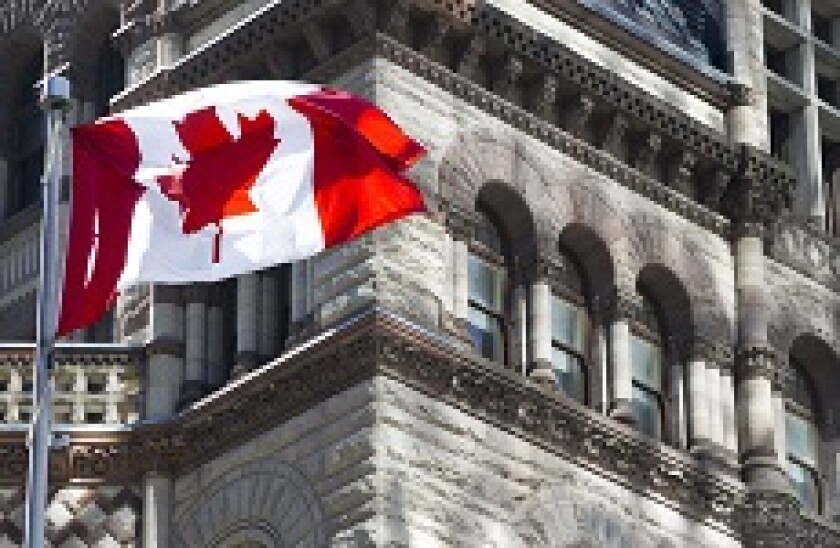Back in 2007, the run on the UK’s Northern Rock began after it failed to make its regular September appearance in the RMBS market and instead sought emergency funding from the Bank of England.
What followed was a banking crisis where the sector almost brought the global financial system to its knees.
But In trying to resolve the problems of 'too big to fail' and the systemic dependence on — and vulnerability to — banks, we have ended up with markets where they think it now almost obligatory to take central bank funding at the first sign of spreads widening.
Europe’s fragile and disjointed banking system has been particularly vulnerable, relying on a never ending series of central bank measures that, over a decade or more, have moved from being extraordinary to becoming part of the furniture.
But Europeans shouldn’t judge others by their own low standards.
In some of the most profitable and stable financial regions in the world, central bank funding is there purely as a provisional source of liquidity that is conditional and cannot be expected to support the long term business model of the bank taking it.
In the teeth of the first phase of the coronavirus crisis, with many borrowers locked out of public markets and before the Bank of Canada relaxed its repo eligibility rules to help its lenders, five Canadian banks issued euro benchmarks, with each fully subscribed deal attracting a granular order book of about 50 investors. They were also all active in the Swiss franc covered bond market.
Even after Canada's central bank permitted covered bonds to be pledged as collateral with it, the country's banks continued to issue, with a series of Australian dollar benchmarks and, more recently, a €1.25bn tap from Bank of Nova Scotia, which hauled in 56 orders with demand of €1.7bn.
At 55bp over mid-swaps, the three year BNS tap is likely to have made some European issuers wince, as it also implied a big jump in funding costs.
But Europe's bank treasurers have it easy, with unlimited ECB repo liquidity to call upon. And even if a European bank were to hit the market with an actual deal, it still wouldn’t need to pay the market clearing level for, unlike the Canadians, the ECB is guaranteed to buy 40%.
But with no central bank bid and the repo funding on offer coming with a short turnaround and a long list of conditions, Canadian covered bond pricing reflects a clean and undistorted view of where the market is at.
The deals all attracted real investors at levels that they actually wanted to buy at, as opposed to indicative, and therefore irrelevant, secondary market spreads.
And despite the high spreads paid, the slew of Canadian covered bonds were the prudent funding choice, given that the cost of senior unsecured funding had peaked at around 300bp.
Furthermore, unlike many peers in Europe, the Canadian issuers were easily able to absorb the increased costs, thanks to their healthy profit margins.
Covered bonds have always been billed as the rainy day product for treasurers, so it made perfect sense to do these trades when markets were tough.
The Canadian banks should be thoroughly commended for their funding work, providing a vital reminder of the true essence of what makes a market, which the Europeans could be forgiven for having forgotten.

